Pilot car industry remains unregulated
TORONTO, Ont. – It helps move cargoes of any size and weight from anywhere to anywhere in North America, but the pilot car industry remains largely unregulated.
In interviews this week with Today’s Trucking, stakeholders spoke of a multitude of problems, foremost among them the absence of unified rules in an industry that generates revenues of just under US$1 billion annually.
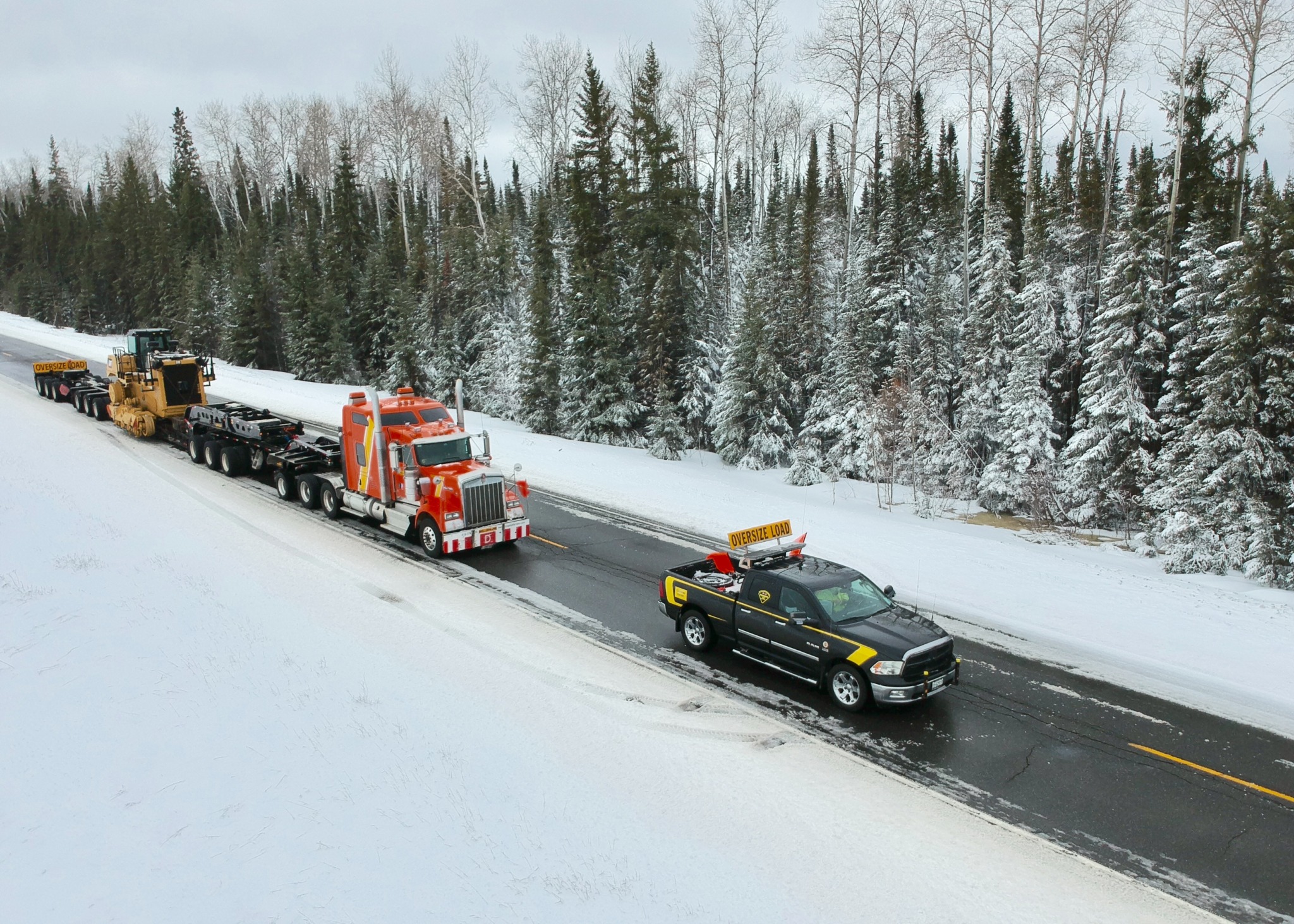
No real regulation
Ontario is the only Canadian province that has a certification regime for pilot cars, known as the Certified Superload Escort (CSE) program.
That means drivers escorting superloads must be certified. Carriers also have the option to use certified pilots in place of police to stop and/or direct traffic when necessary in the performance of their duties.
“There’s no real regulation in Ontario on who can be a pilot car.”
– Scott Mooney, owner, Transpo Pilot Cars.
As far as non-superloads are concerned, the only requirement is that pilot cars must have an “OVERSIZE LOAD” sign and flashing amber lights.
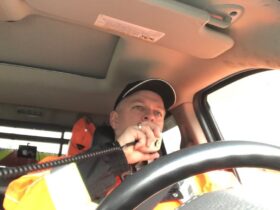
“There’s no real regulation in Ontario on who can be a pilot car,” said Scott Mooney, owner of Transpo Pilot Cars of Guelph, Ont.
He said under current rules, “any Joe” with a light on the roof and a sign saying, “OVERSIZE LOAD” can just drive down the road and offer pilot services.
“Are they providing the service they are supposed to? That’s questionable,” Scott said.
To make matters worse, there is nobody following up on the certification, and there is zero enforcement by the authorities, he added.
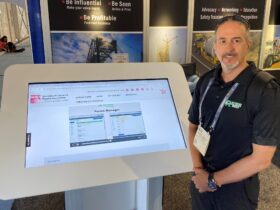
Louis Juneau, president of Nova Permits and Pilot Cars, based in Quebec City, Que., is also critical of the Ontario program.
“Ontario went the other way around for some reason, instead of implementing a generic certification for all the oversize loads,” said Juneau.
The apparent lack of regulation and oversight have led to a proliferation of companies offering vehicle escort services at cutthroat prices.
“Like every other market, people are trying to undercut their competitors,” said Juneau.
“So, you have to be careful with whom you are working,” he warned.
Juneau believes there are hundreds of players in the market, and Quebec alone has about 20.
No proper insurance
The biggest hurdle, however, is the lack of access to proper insurance, he said.
“As soon as you mention trucking, insurers take a step back, and if you mention that you want go to the U.S., they take five steps back,” Juneau said.
So, his escort vehicles no longer go to the U.S. Whenever Juneau needs a spotter, he acts as a broker, and outsources it to someone in America, he said.
No harmonized rules
Both Transpo Pilot Cars and Nova Permits and Pilot Cars are members of the Specialized Carriers and Rigging Association, an industry group based in Centreville, Va.
“We advocate almost solely on issues affecting the specialized transportation,” said Steven Todd, vice-president of SC&RA.
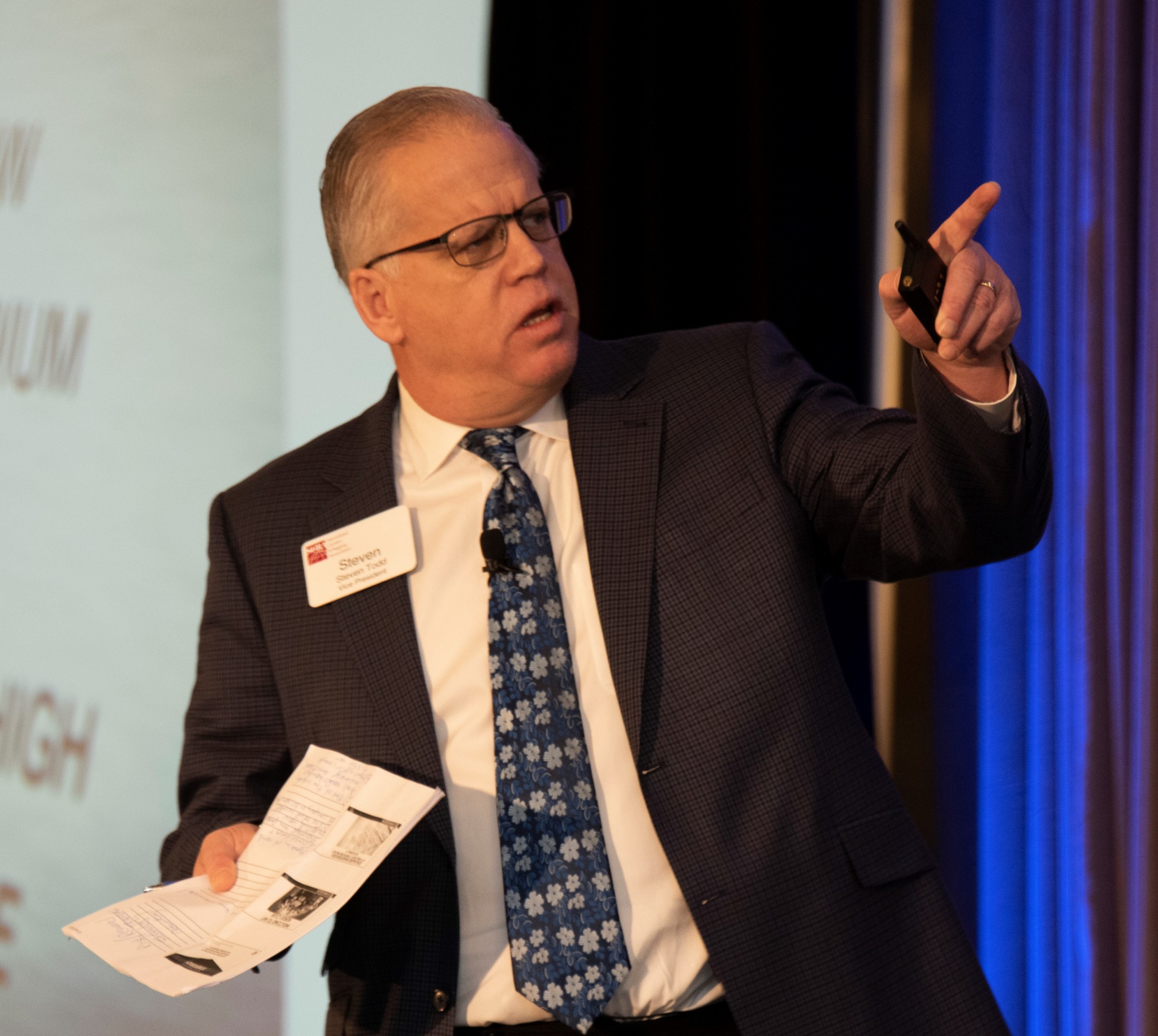
He said the association is working with all stakeholders to harmonize the rules and processes governing the transportation of heavy loads.
“We advocate that states and provinces come closer together as to when one escort is required to kick in, when a second one is required to kick in, and in sometimes a third one,” Todd said.
As of now, different jurisdictions have different rules, making it difficult to operate smoothly.
Todd also expressed anguish over the lack of proper training.
“You have to go through hours of training and certification just to be licensed and be able to do somebody’s nails, and that’s great.”
“But in at least 37 states, somebody who can cause catastrophic accidents maneuvering around these oversized loads can run out to an auto store, pick up a little Blinky light, put a sign on the back of their car, and they’re all of a sudden, good to go to pilot loads,” Todd said.
Todd said his association continues to press for properly trained and certified drivers.
Over the past 15 years, the SC&RA has been collaborating with the U.S. Federal Highway Administration in preparing a document on best practices for both private pilots and police escorts.
That document was updated five years ago.
“We also, for the first time, wrote a generic national training curriculum for pilot cars for training and certification,” Todd said.
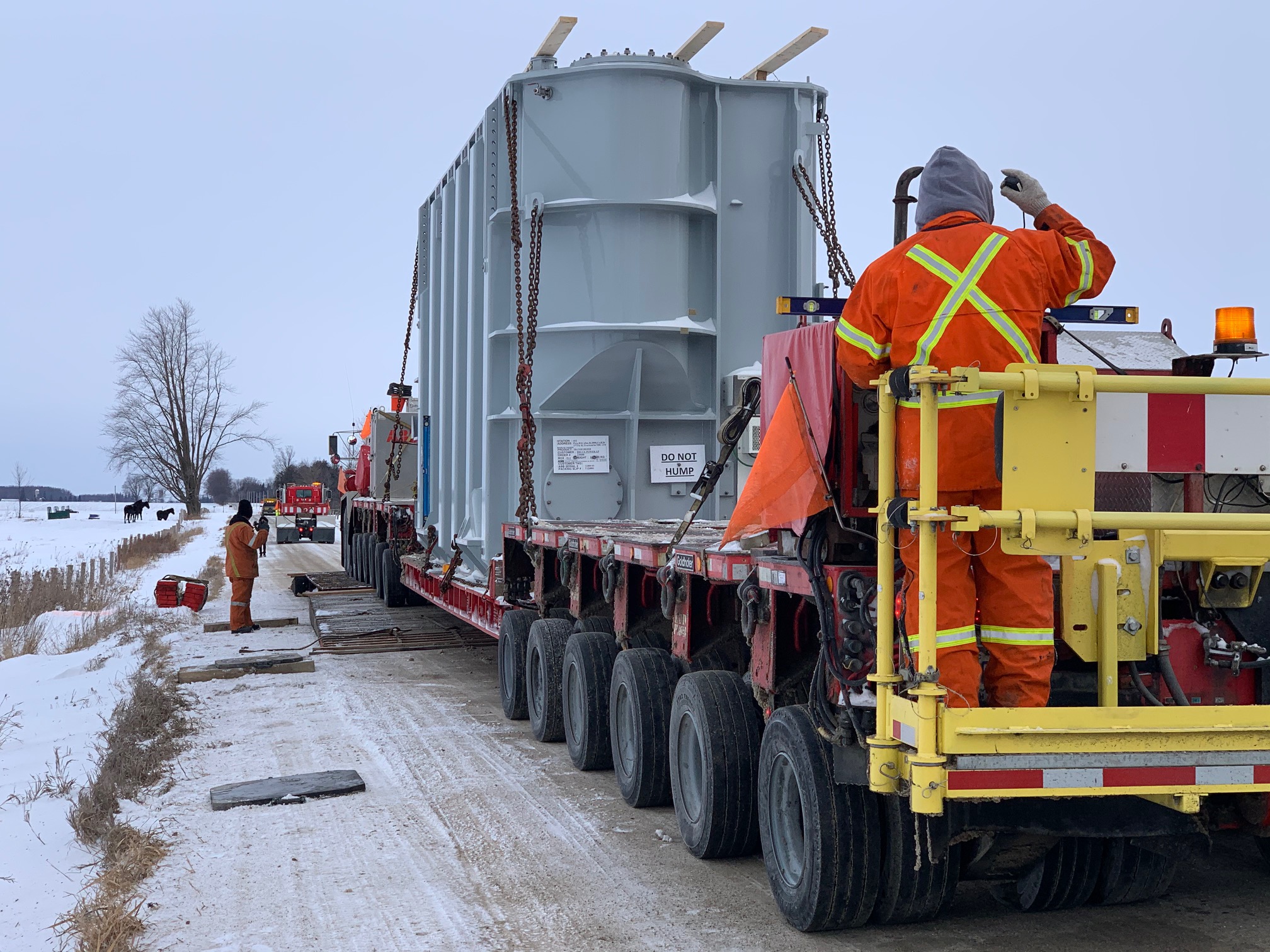
Have your say
This is a moderated forum. Comments will no longer be published unless they are accompanied by a first and last name and a verifiable email address. (Today's Trucking will not publish or share the email address.) Profane language and content deemed to be libelous, racist, or threatening in nature will not be published under any circumstances.
-
You are correct, Dale. However, waiting for the government or lobbying them to develop regulations may not be a good idea. In most cases, when the government starts to regulate an industry, they miss the point and over-regulate (case in point HOS for truckers). Just like the carriers protect themselves from truckers that have too many preventable accidents (and will not be hired by just about anyone in the industry) by using a private company to keep up the database (and the carriers provide the data for it) so can oversize load carriers protect themselves from pilot car drivers with insufficient insurance and a record of preventable accidents.
With loads increasing in every dimension, damage to infrastructure increasing in number and costs it is critical we have some way of training these new pilots. As a Co-Chair of North America Pilot Vehicle Safety Alliance we have pushed for certification for Pilots. The US’s National Transportation Safety Board in 2014 called for this to happen after the collapse of the Skagit River Bridge due to an Oversize load. They also called for the creation of a think tank which was created in 2017. NAPVSA is made up of members from North America from every type of business in the Oversize Over Weight Industry. That is the only RECOMMENDATION that has come to past since the accident in 2013. We as a Non-Profit have worked tirelessly to bring Safety and Certification to a part of the industry that is truly lacking. The lack of movement in this has led to the loss of lifes and billions of dollars in damaged infrastructure. It is time to bring Safety to the forefront of the Pilot Car industry!